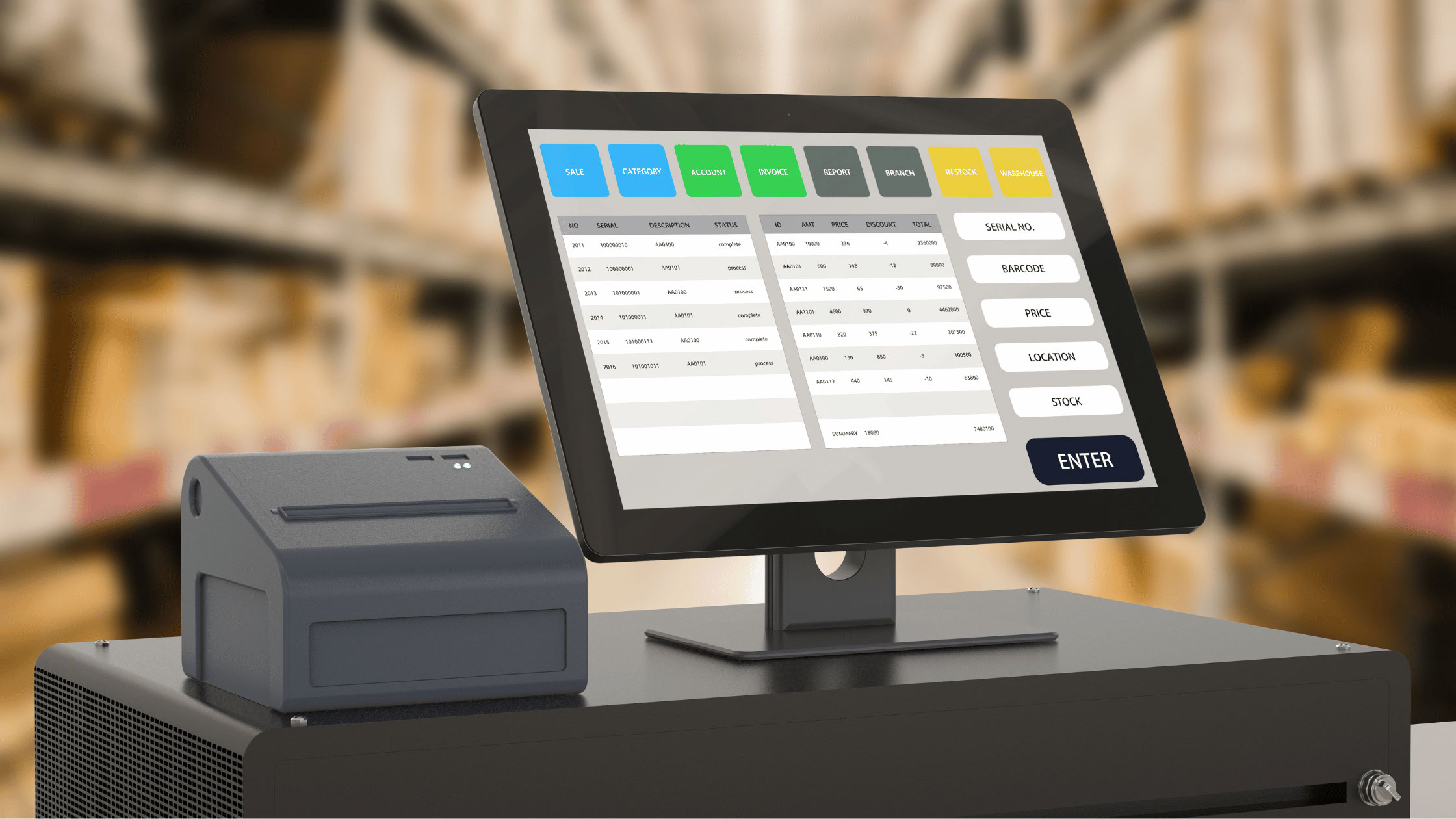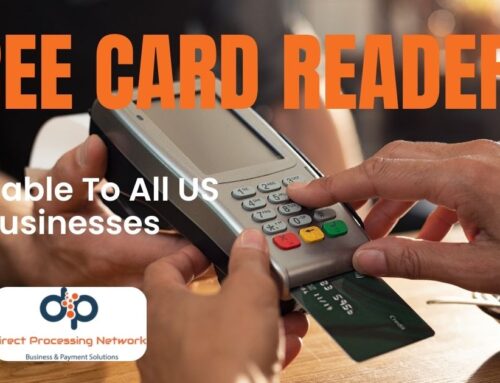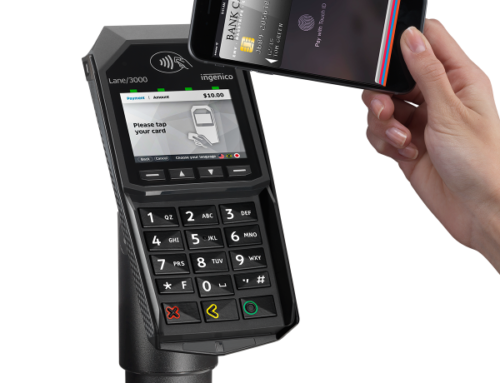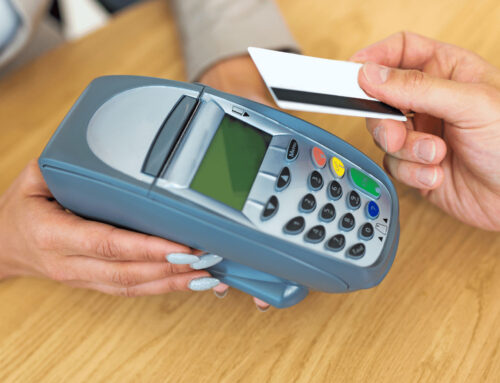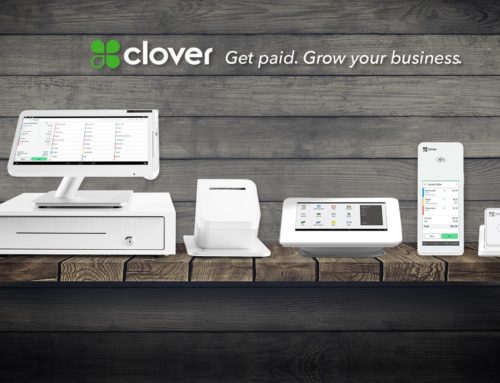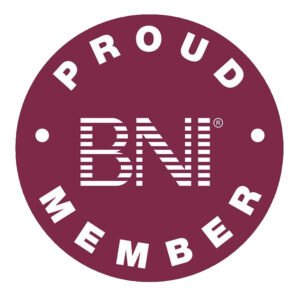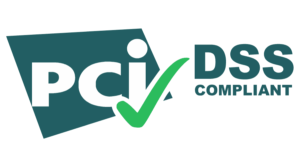Unlocking the Potential of Your Business with a POS System
In the fast-paced world of modern commerce, staying ahead of the curve is essential. For businesses, a key element in maintaining this competitive edge is the Point Of Sale (POS) System. With its ability to streamline transactions, manage inventory, and track customer preferences, a POS system is the Swiss Army knife of business tools. But what exactly is a POS system, and how can it elevate your business to new heights? Let's explore!
The Nitty-Gritty of a POS System
Before we delve into the benefits of a POS system, it's crucial to understand what it is and how it works. Simply put, a POS system is where your customer makes a payment for products or services at your store. But that's just the tip of the iceberg. This software isn't just about transactions; it's about enhancing the overall business operation.
What Makes a POS System Tick?
At its core, a POS system comprises hardware and software that work in tandem to process transactions. The hardware typically includes a server, terminals, cash drawers, and peripheral devices like barcode scanners and card readers. The software, on the other hand, is the brain of the operation, overseeing everything from sales and inventory management to customer relationship management (CRM).
Perks of Implementing a POS System
With a POS system, you don't just transact; you transform. By integrating various functions into a single, user-friendly platform, a POS system serves as a valuable asset for any business. Here's a sneak peek into the benefits of a POS system.
Efficient Transaction Processing
POS systems make the checkout process a breeze. No more long lines or frustrating waits for customers. With a few taps, cashiers can process payments, apply discounts, and print receipts. It's as simple as pie!
Inventory Management Made Easy
Managing inventory can be a tricky affair, but not with a POS system. Whether you're restocking shelves or tracking sales, the POS system keeps you updated with real-time data. That's right, say goodbye to manual inventory checks and hello to automated accuracy!
Customer Relationship Management like Never Before
A POS system isn't just about products—it's about people too. With built-in CRM tools, these systems help you understand your customers' buying habits, preferences, and loyalty program data. It's like having a personal assistant for your customer base!
Choosing the Right POS System for Your Business
While a POS system can work wonders, it's important to choose the right fit for your business. From the restaurant industry to retail stores, each sector has unique needs that a specific POS system can cater to.
Understanding Your Business Needs
The first step in selecting a POS system is understanding your business requirements. Are you looking for robust inventory management, enhanced customer engagement, or perhaps both? Once you've determined your needs, you can start hunting for a POS system that fits the bill.
Weighing the Pros and Cons
Every POS system has its strengths and weaknesses. Some might offer superior data analytics but fall short on user-friendliness. Others might excel at CRM but lack efficient inventory management. It's all about weighing the pros and cons and finding a system that offers the best balance for your business.
Implementing and Using a POS System
Once you've chosen the perfect POS system, it's time for the fun part—implementation and use. But how do you go about it? Let's find out!
Installation and Setup
Whether you're tech-savvy or a novice, setting up a POS system can be a piece of cake. With intuitive interfaces and user guides, getting your system up and running is a straightforward process.
Training Your Staff
A POS system is only as good as the people using it. That's why staff training is essential. Fortunately, many POS system providers offer comprehensive training modules to help your team become POS pros in no time!
Regular System Updates
To keep your POS system running smoothly, regular software updates are a must. These updates not only add new features but also rectify any bugs or glitches. Plus, they're a great way to ensure your system stays ahead of the curve.
Facing the Future with POS Systems
As technology evolves, so do POS systems. From contactless payments to AI-based analytics, these systems are at the forefront of the retail revolution. But what does the future hold for POS systems?
Embracing Contactless Payments
With the rise of mobile wallets and NFC technology, contactless payments are becoming the norm. Future POS systems are likely to incorporate these technologies, making transactions quicker and more convenient than ever.
Integrating AI and Machine Learning
Artificial Intelligence (AI) and Machine Learning are making waves in the retail industry. By integrating these technologies, future POS systems could offer unprecedented levels of data analysis and prediction, giving businesses a significant competitive edge.
FAQs about POS Systems
What is a POS system in retail?
A POS system in retail is a powerful tool that manages transactions, tracks inventory, and analyzes sales data. It serves as a central hub for all retail operations, ensuring efficiency and accuracy.
Why should a business use a POS system?
A business should use a POS system to streamline its operations, enhance customer experience, and gain valuable insights into sales patterns and trends. It's a vital tool for managing inventory, processing transactions, and engaging customers.
How does a POS system improve customer service?
A POS system improves customer service by speeding up the checkout process, offering personalized recommendations based on purchase history, and managing loyalty programs effectively.
What is the best POS system for a small business?
The best POS system for a small business is one that fits its specific needs. This could vary from a system with robust inventory management to one that focuses on customer engagement.
How secure are POS systems?
POS systems are designed with multiple layers of security to protect against fraud and data breaches. They use encryption, tokenization, and other security measures to safeguard sensitive information.
How much does a POS system cost?
The cost of a POS system can vary depending on its features, hardware, and software. Some systems come with a one-time purchase fee, while others follow a monthly subscription model.
Conclusion
From enhancing customer service to streamlining operations, a POS system is a game-changer for businesses big and small. With this comprehensive guide, you're now equipped to embark on your journey towards a more efficient, profitable, and customer-centric business model. Ready to embrace the power of POS systems? Your business future is just a swipe away!


